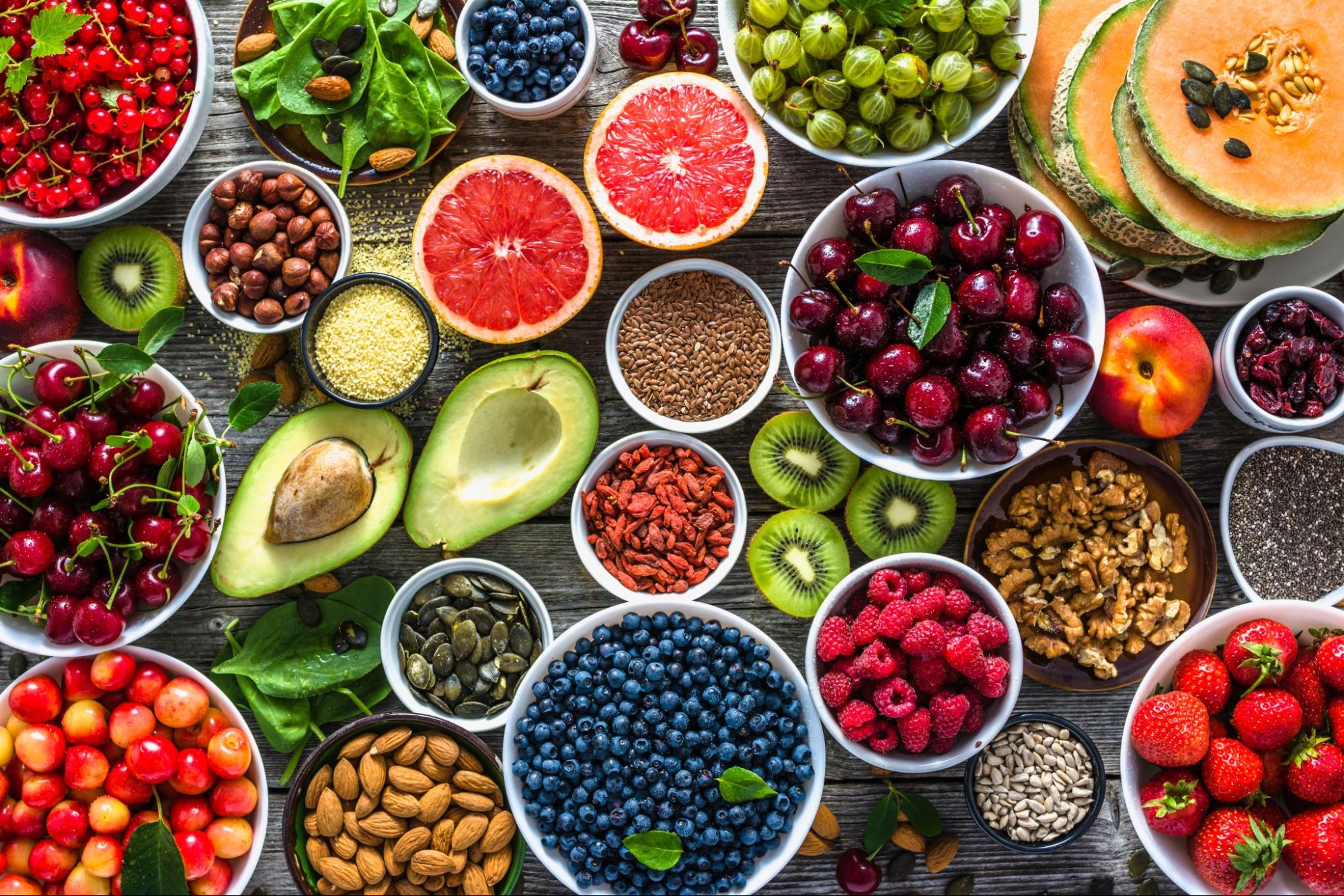
What Food Can Shrink an Enlarged Prostate?
Benign Prostatic Hyperplasia, also known as BPH, is a condition found in older men, where the prostate enlarges. With BPH can come pain, discomfort, and other risks. BPH is increasingly common, and by 80 years old, 90% of men suffer from an enlarged prostate. Luckily, there are ways to decrease the discomfort of BPH through a healthy diet.
How Can Eating Right Help Manage BPH
Eating right can help to manage BPH because it gives the body essential nutrients and vitamins that can lessen pain, discomfort, and other symptoms that come from BPH. Sustaining a healthy diet can also help eliminate other BPH risk factors, such as being unable to regulate and maintain a healthy body weight, which is crucial when dealing with BPH, as it can also help decrease other symptoms. When managing an enlarged prostate, it is crucial to maintain a diet that is abundant in healthy fats, fruits, and vegetables. The Mediterranean diet has proven beneficial for many, as it is rich in healthy fats and antioxidants, both of which may improve prostate health and help slow its growth.
What Foods Are Good for BPH?
Fruits
Fruits are essential in any healthy diet, particularly with an enlarged prostate. Make sure to focus on eating fruits such as tomatoes, watermelon, pink grapefruit, papaya, apricots, berries, and pomegranate. These fruits offer plenty of antioxidants that will help to remove free radicals from the body, benefit prostate gland cells, and help to protect the body from cancer.
Vegetables
Similar to fruits, vegetables can have serious benefits when trying to reduce symptoms of an enlarged prostate. Vegetables such as bell peppers, broccoli, brussel sprouts, cauliflower, onion, garlic, mushrooms, and leafy greens such as kale, offer properties that can help to lessen BPH symptoms. These vegetables contain healthy components such as sulforaphane, lentinan, ergothioneine, and vitamin C. These help to provide antioxidants, protection against cancer cells, and increase immune system strength, which are important when dealing with an enlarged prostate.
Nuts, Seeds, & Legumes
Many nuts are full of minerals that are important for a healthy diet. Focus on adding walnuts, sesame seeds, pumpkin seeds, adzuki beans, almonds, pecans, soybeans, or wheat germ to your diet. These nuts and seeds contain minerals such as zinc and selenium, which can promote balance in male hormones and prostate functions.
Oily Fish & Shellfish
Oily fish, such as salmon, and shellfish, such as oysters, offer a lot of healthy fats that can be difficult to find in other foods. Salmon, sardines, and trout are full of omega-3 fatty acids and antioxidants that help reduce inflammation.
Citrus
Citrus such as lemons, limes, grapefruits, and oranges are important to keep in your diet as they are all high in vitamin C, which can aid in the protection of the prostate glands.
Tofu/ Soy Products
Tofu and other soy products such as soybeans, soymilk, soy yogurt, and tofu offer soybean isoflavones that can help to decrease cancerous cell growth, BPH growth, and symptoms related to urinary issues related to BPH.
Green Tea
Adding green tea to your diet is an easy way to increase your daily intake of antioxidants. Green tea contains the antioxidant catechin, which helps to increase immune strength, destroy bacteria and viruses, and decrease urinary tract disorders.
What Foods Aggravate an Enlarged Prostate?
Alcohol
Alcohol is a diuretic, which will cause an increased need for urination, but it can also mess with medications that are used to help treat BPH and an enlarged prostate.
Caffeine
Caffeine, especially caffeinated beverages such as coffee, can call for increased urge and frequency of urination. With BPH, these symptoms can be uncomfortable and painful.
High Sodium Products
Foods with a high sodium content or added salt should be removed from your diet or eaten in moderation since they can increase inflammation and worsen urinary symptoms.
Red Meat
Red meats such as beef, lamb, and pork can lead to an increased risk of prostate cancer or risk of further irritation to the prostate. Red meats can especially lead to further irritation when cooked over coals, barbecued, grilled, or smoked.
Spicy foods
It’s best to avoid spicy foods since they can irritate the body and further aggravate urinary symptoms. Spicy foods can have negative impacts on the lining of the bladder, which can lead to worsening inflammation.
Dairy Products
It’s best to decrease your intake of dairy products as they contain high levels of saturated fats. Unlike healthy fats, saturated fats can trigger inflammation in the body, worsening the condition of the prostate. Dairy products can also contain dangerous hormones that can further enlarge the prostate.
Lifestyle Changes to Help Manage BPH
Besides changing or regulating your diet, exercising regularly and maintaining a healthy weight are other simple solutions that help to manage and regulate BPH and its symptoms. Choosing a healthy diet and daily exercise are healthy lifestyle changes for BPH that can help reduce symptoms, as well as pain and discomfort so that BPH won’t keep you from doing what you love.
BPH Treatment at American Prostate Centers
If you’re looking for help to manage your BPH diagnosis or you think you may have BPH, visit American Prostate Centers. We can help you explore lifestyle changes and treatment options, such as prostate artery embolization, that will work best for you based on your symptoms. Contact us today to schedule an appointment to improve your prostate health.
